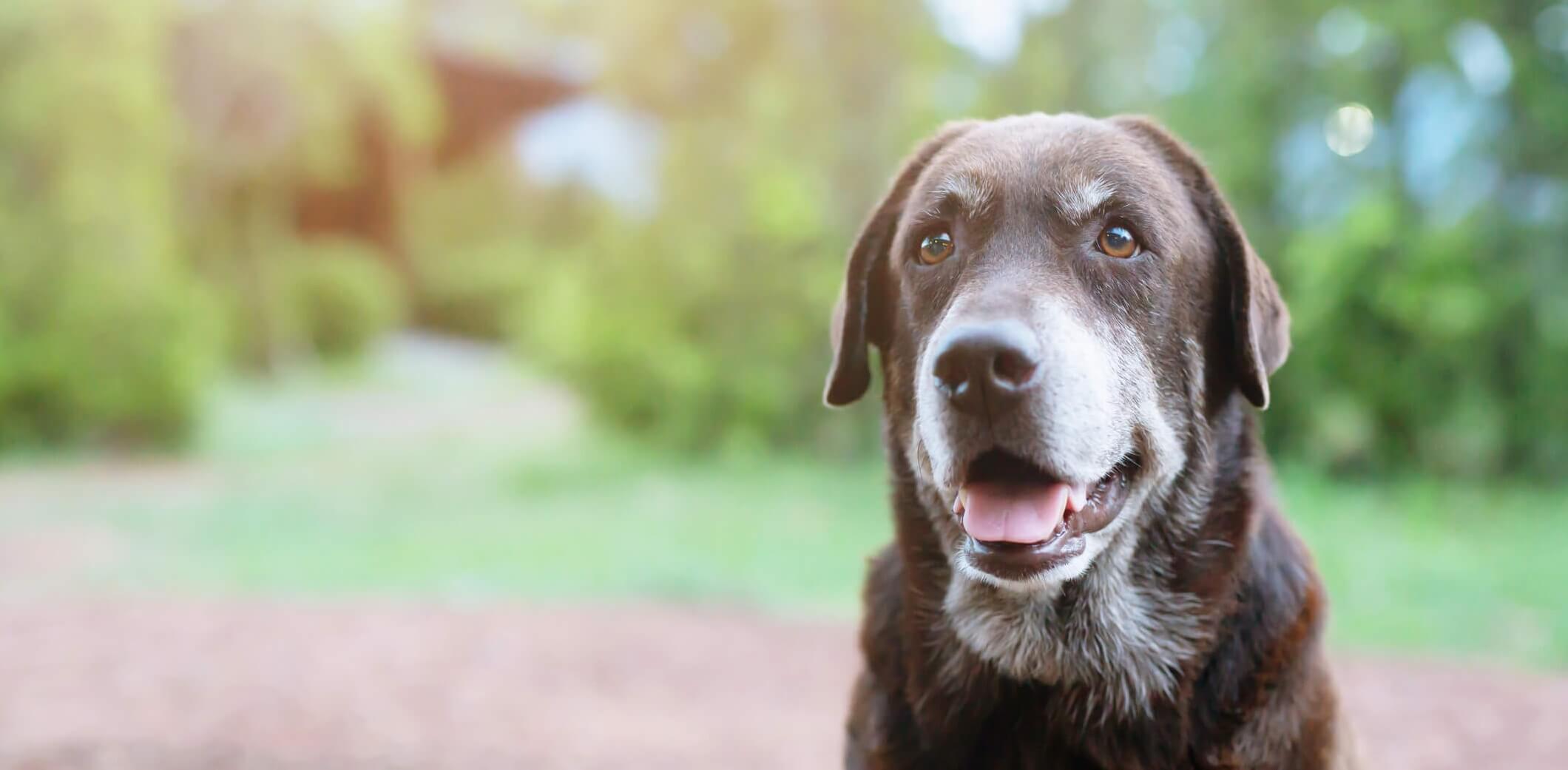
New tests can help monitor cognitive decline in older dogs
16th November, 2022
Researchers have identified two simple tests that can be used to assess and monitor cognitive decline in dogs as
Researchers have identified two simple tests that can be used to assess and monitor cognitive decline in dogs as they get older.
These days, dogs are living longer and one consequence is that behavioural and physical deficits in old age have become more prevalent. However, current tests for monitoring age-related behaviour changes have some shortcomings, such as the need for lengthy training or inconsistent responses depending on who is leading the test.
In a study published in Scientific Reports, researchers at Eötvös Loránd University in Budapest, Hungary investigated the reliability and validity of simple tests that were developed for the rapid assessment of age-related behavioural differences in family dogs.
“We designed a memory test to track the first signs of mental decline,” explained veterinarian Dr Patrizia Piotti. “In the test, we place a set of containers on the floor. After the dogs see that the experiment puts a food reward into one container, they are walked out of the room and distracted for a few seconds before returning to the containers and being allowed to go get the food.”
Results showed that older dogs make more mistakes before getting to the correct container, suggesting they have a harder time remembering where the food is. When the researchers repeated the test after two weeks with a different experimenter, the results were the same, suggesting good test-retest reliability.
Anxiety is also known to increase in dogs as they age, although it can also indicate pain and increased stress.
“In our so-called novel object test, we showed the dogs a mechanical moving and noisy plush toy, and we let them decide how to interact with it,” said Dr Eniko Kubinyi, principal investigator of the research group. “We found that while the tendency to move towards the toy was not significantly affected by age, the tendency to avoid it and move away from it reliably increased with age.”
As the memory and the novel objects tests are consistent over time, they can be used for monitoring age-related changes in dogs including those with Canine Cognitive Dysfunction (dog dementia).
At Petwise we offer senior dog insurance to help protect your four-legged friend in their senior years. Choose from seven levels of cover, with no upper joining age limit and added benefits including a contribution towards the cost of your dog’s senior food.
they get older.
These days, dogs are living longer and one consequence is that behavioural and physical deficits in old age have become more prevalent. However, current tests for monitoring age-related behaviour changes have some shortcomings, such as the need for lengthy training or inconsistent responses depending on who is leading the test.
In a study published in Scientific Reports, researchers at Eötvös Loránd University in Budapest, Hungary investigated the reliability and validity of simple tests that were developed for the rapid assessment of age-related behavioural differences in family dogs.
“We designed a memory test to track the first signs of mental decline,” explained veterinarian Dr Patrizia Piotti. “In the test, we place a set of containers on the floor. After the dogs see that the experiment puts a food reward into one container, they are walked out of the room and distracted for a few seconds before returning to the containers and being allowed to go get the food.”
Results showed that older dogs make more mistakes before getting to the correct container, suggesting they have a harder time remembering where the food is. When the researchers repeated the test after two weeks with a different experimenter, the results were the same, suggesting good test-retest reliability.
Anxiety is also known to increase in dogs as they age, although it can also indicate pain and increased stress.
“In our so-called novel object test, we showed the dogs a mechanical moving and noisy plush toy, and we let them decide how to interact with it,” said Dr Eniko Kubinyi, principal investigator of the research group. “We found that while the tendency to move towards the toy was not significantly affected by age, the tendency to avoid it and move away from it reliably increased with age.”
As the memory and the novel objects tests are consistent over time, they can be used for monitoring age-related changes in dogs including those with Canine Cognitive Dysfunction (dog dementia).
At Petwise we offer senior dog insurance to help protect your four-legged friend in their senior years. Choose from seven levels of cover, with no upper joining age limit and added benefits including a contribution towards the cost of your dog’s senior food.